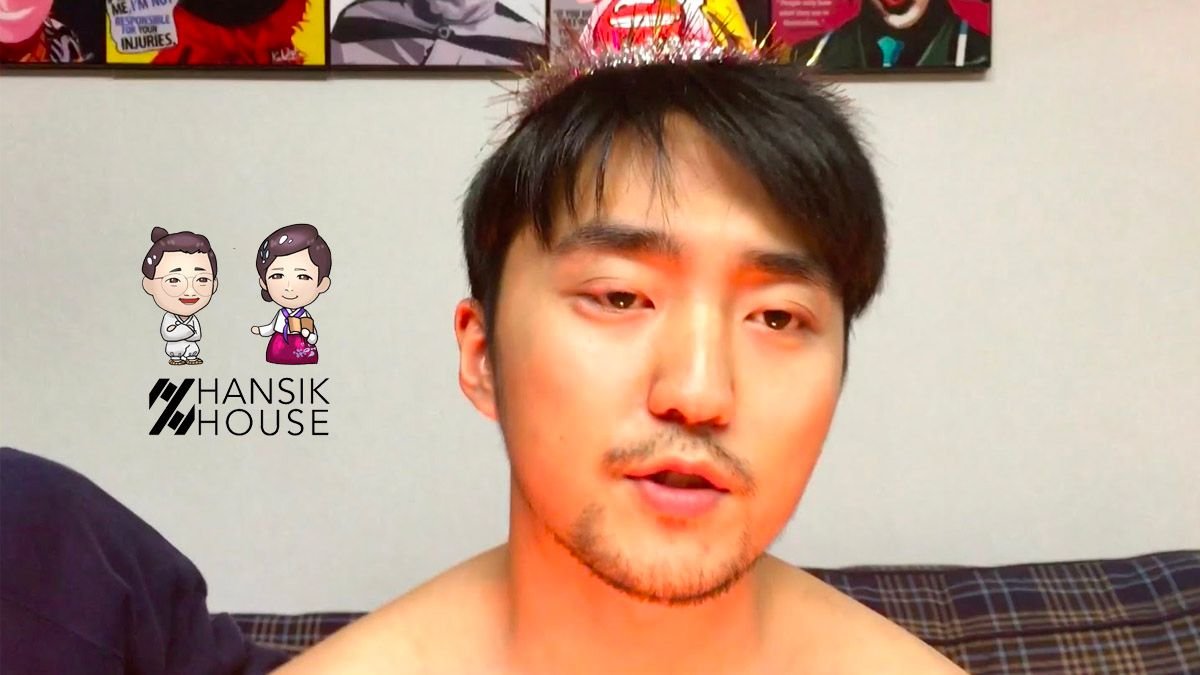
I was perusing Netflix yesterday morning, curious how I would kill an hour or two on a lazy weekend, and I was absolutely stunned to see this -

Familiar comedic face, Yoo Byung Jae, with a solo hour-long stand-up special on Netflix??? Byung Jae (BJ) is fairly well known in Korea as a head writer of Korea's Saturday Night Live/SNL and appearing on many commercials, typically those that others would stray away from like sex-related content. It seemed almost like an illusion. I know Netflix has been pushing Korean content to break into Asian markets but there was just one simple truth that I could not get past -
Stand-up comedy does not exist in Korea
.
.
.
Seriously. It does not exist. The extent of comedic culture in South Korea is either a “Gag Concert” (scripted performances with clown-like scenarios) or talk/game shows with lots of sound effects. My main theory of why comedy cannot breach these typical boundaries is that Korean society has a very difficult time separating a person’s actions with their personhood. Unless there are very objective signifiers like a big red shiny nose that points to a clown act, Koreans judge everything a person says or does, even if under the very explicit umbrella of performance.

An example of a Gag sketch Source
As such, there are no stand-up comedians. There are no people willing to give an out-of-body performance that puts them in the spotlight. It’s too much of a societal risk to act a certain way and be judged for it.
This is why You Byung Jae’s first-ever attempt behind a microphone is incredible and interesting in the way he navigates this tremendous obstacle.
Play-by-Play
If you watch this stand-up without understanding Korean or the realities i just outlined above, most of Byung Jae’s performance seems like he’s telling jokes in complete sentences - “This next joke will deal with _____” or “I thought a lot about whether to tell this joke because _____.” He does this precisely because of the lack of separation between performance and person. BJ has to prime the audience so that they understand that he’s purposefully taking things out of context or acting a certain in purpose of a punchline, not because he is that precise person with that precise way of thinking.
Next, he purposefully does not make any jokes about any topic or person other than himself and his personal experiences. Again, anything along those external parameters would make him seem like a vindictive *sshole or psycho. He only pokes at himself with the occasional abstract jab at North Korea or his parents. He even explains that he does not cross the line on religion or other celebrities or politics because that would be social suicide in South Korea.
Lastly, I want to point out that a lot of the major laughs come from his expressions and impersonations and less so from the craftsmanship of his jokes. His humor is more surface-layer, relying on loud cursing and strange facial poses. I suspect, again, that this is all on purpose and an amateur crowd would not be able to follow long-winded narratives and complex storytelling.

The Future of Korean Stand-up
All in all I’m excited to see a lukewarm but still successful first attempt at stand-up in the country. I hope that as more of these televised specials become more common that we’ll see real freedom in speech and comedy. God knows how much Korea needs particular social norms to change and typically, in other nations, comedians take on the burden and responsibility to speak truth to power.

I don’t know if I can really recommend Yoo Byung Jae’s special to anyone who isn’t Korean, or even other Koreans for that matter, but I’d be happy enough to know that others recognize this moment as something particularly unique in the future lineage of comedic ideals in Korea.
Steem on!

